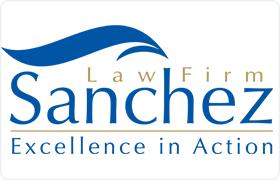Saint Hedwig Landlord-Tenant Lawyer, Texas
Sponsored Law Firm
-
 x
x

Click For More Info:
-
Sanchez Law Firm
150 W. Parker Rd. 3rd Floor Houston, TX 77076» view mapReal Estate Excellence In Action
We advocate for our clients in and out of court. When you and the system meet head on, you need an attorney who is experienced, credible, and active.
800-785-3351
Not enough matches for Saint Hedwig Landlord-Tenant lawyer.
Below are all Saint Hedwig Real Estate lawyers.
Adam Alden Campbell
Estate Planning, Bankruptcy, Construction, Family Law, Criminal
Status: In Good Standing
Cimarron Dru Gilson
Estate Planning, Family Law, Commercial Real Estate, Business, Estate
Status: In Good Standing
Allen Webster Church
Real Estate, Dispute Resolution, Business & Trade, Family Law
Status: In Good Standing Licensed: 51 Years
Daniel Hugo Schulze
Commercial Real Estate, Wills, Family Law, Criminal
Status: In Good Standing Licensed: 19 Years
Jose A. Garza
Construction, Real Estate, Business & Trade, Business
Status: In Good Standing Licensed: 24 Years
 Benjamin Sanchez Houston, TX
Benjamin Sanchez Houston, TX Practice AreasExpertise
Practice AreasExpertise
